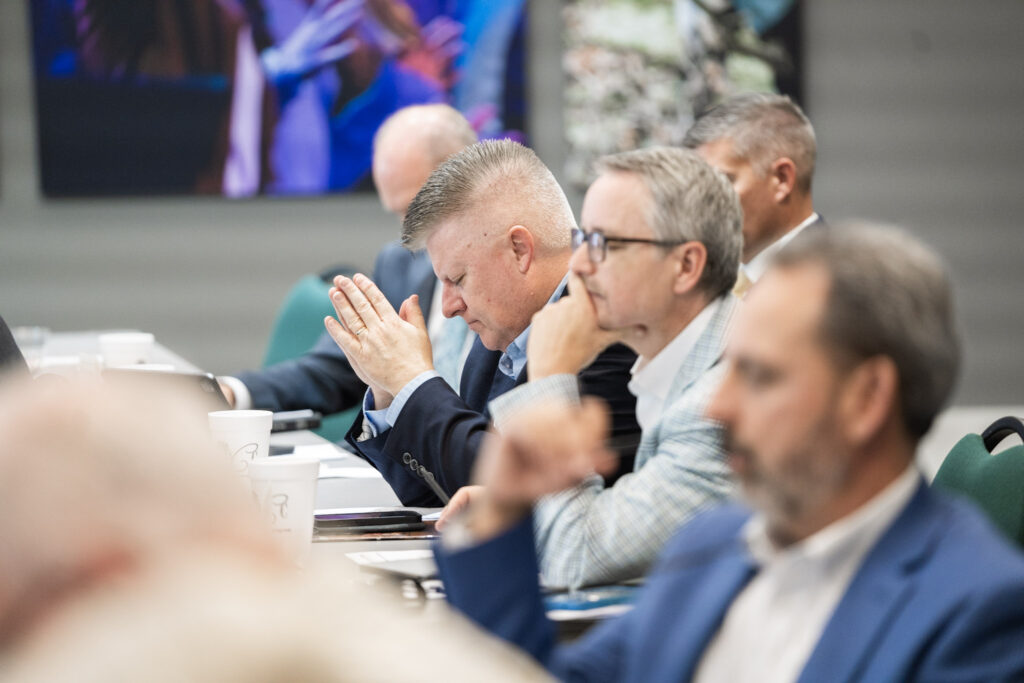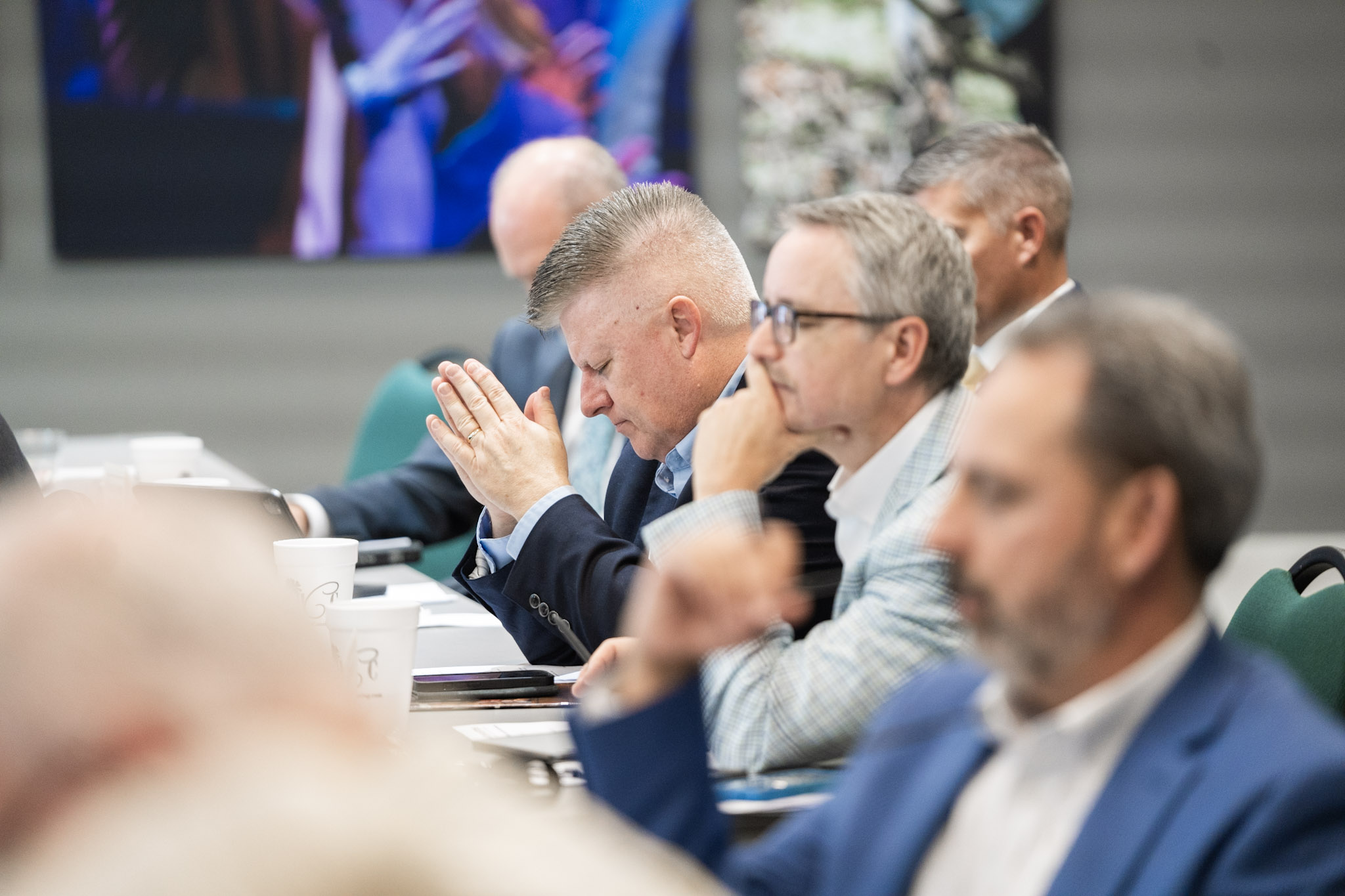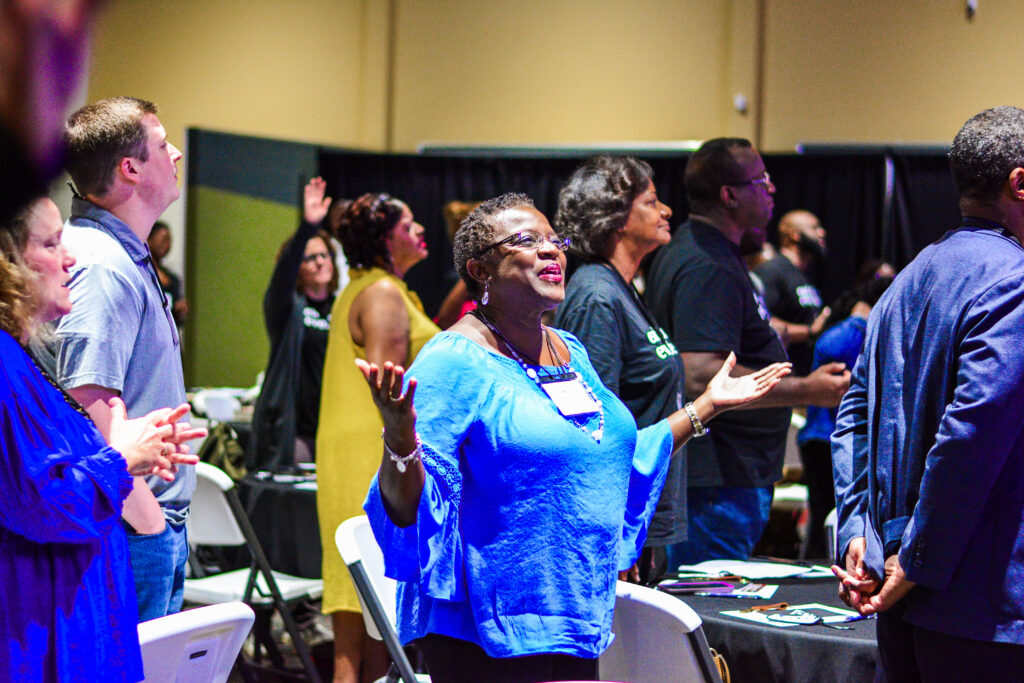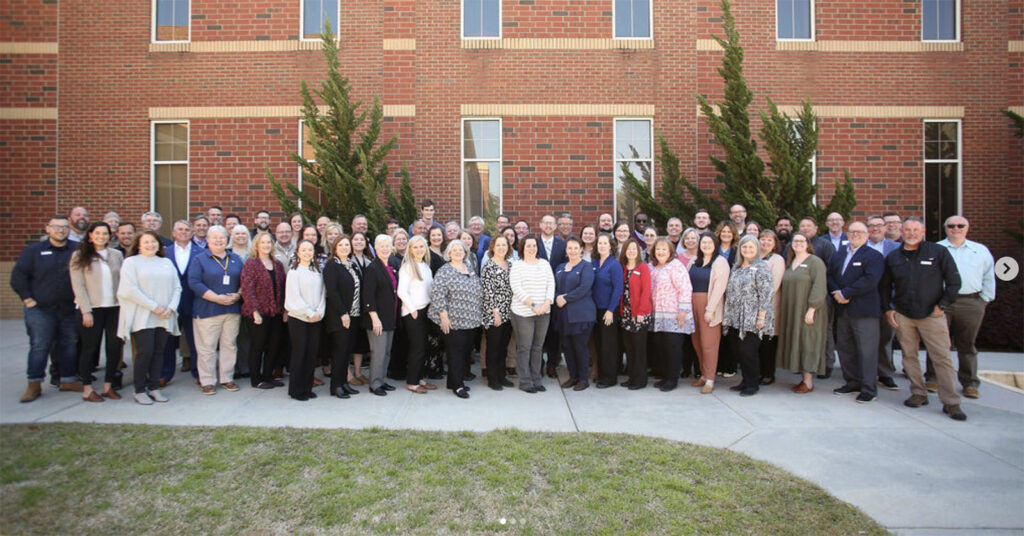Maintaining Unity Amid Disagreements

“We should be showing the world what it looks like to disagree and still love each other.”
In a recent podcast conversation between Jeff Robinson, President of the Baptist Courier, and Tony Wolfe, SCBaptist Executive Director-Treasurer, they explored the topic of Christian cooperation and maintaining unity despite disagreements.
Theological Triage
Robinson introduces the idea of theological triage as a means to identify doctrines based on their significance. He notes three orders:
- First-order issues: Non-negotiable, core doctrines of the Christian faith, such as salvation, atonement, justification by faith, inspiration, inerrancy, and the Trinity.
- Second-order issues: Doctrines that lead to denominational distinctions, including church polity, baptism, and the Lord’s Supper.
- Third-order issues: Areas where Christians may hold differing views, like the timing of Jesus’ return or worship styles.
Maintaining Unity
- When disagreements arise, believers should take great care to make sure that they are not drawing lines “in our Great Commission cooperation that aren’t clearly set forth either in scripture or in our governance,” Wolfe said.
- Believers should be ready to listen and consider opposing viewpoints. Wolfe mentions seeing a refusal to debate, saying that, often, messengers come to meetings with their minds made up and a refusal to listen.
- Believers must keep their focus on the mission, the Great Commission, as a unifying force. “The mission drives our cooperation. We cooperate because of this mission; this Great Commission mandate pulls us forward,” Wolfe said.
- As believers, we should be known by our love for one another, setting the tone for what it means to disagree and still love one another. “Our Gospel witness is so closely connected to our unity as believers in Christ Jesus,” Wolfe said.



